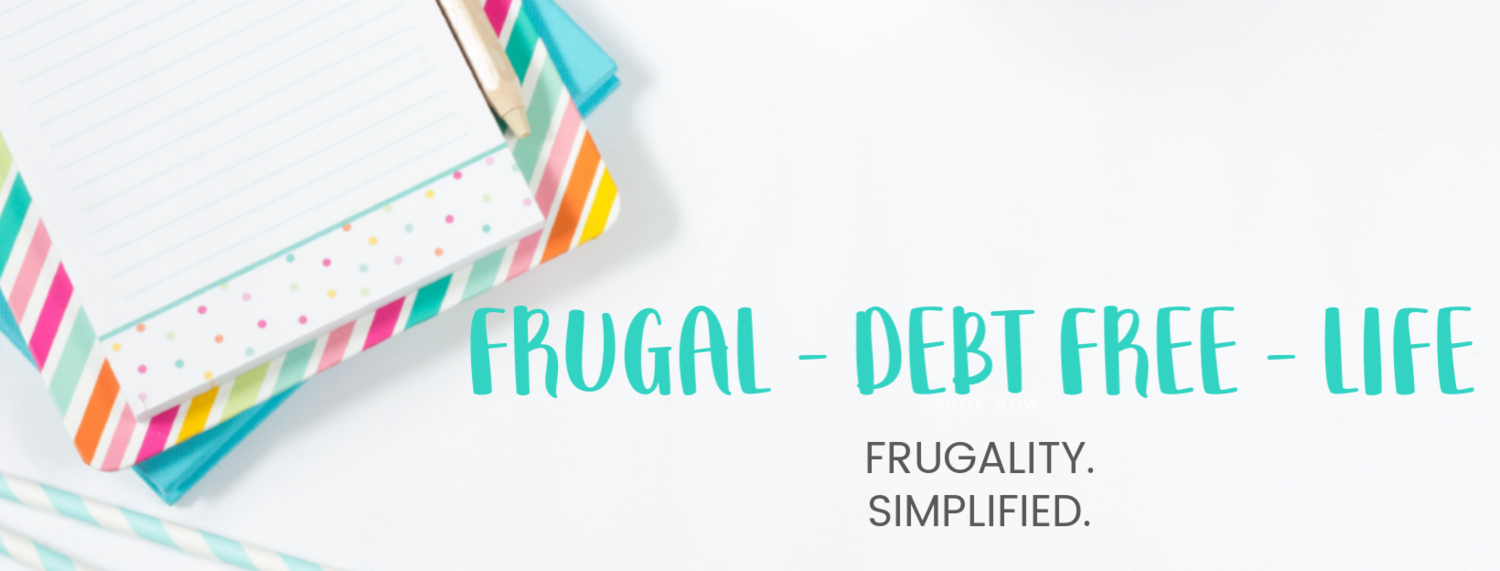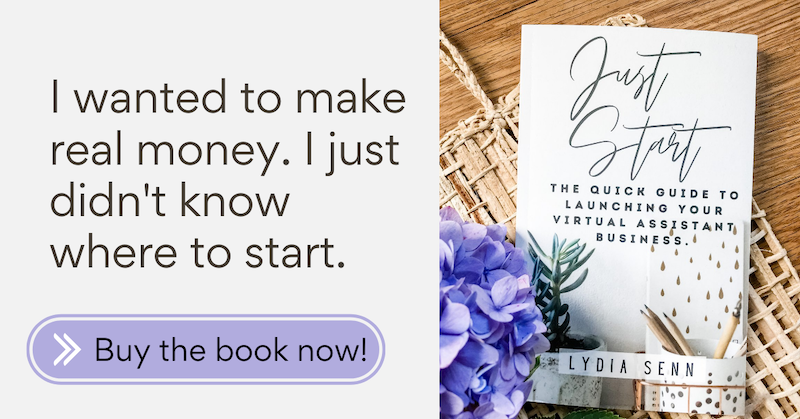How to make your first budget
/This is day four in a series 30 Days to Start. This week we are focusing on the process of getting out of debt.
Let's be 100 percent truthful here. The word budget doesn't exactly conjure up warm and sunny thoughts. It sounds boring. There, I said it. It just sounds boring.
I think the idea of living on a restrictive budget that is going to limit fun just makes people NOT do it. But actually a budget is freeing.
First you have to get started. It doesn't have to be a complicated process.
Grab a piece of paper a calculator and a pencil.
At the top of your paper write your monthly income. Then below it list your bills: mortgage, utilities, food etc. etc. You get the picture. When you get to the bottom make sure it all balances out. All of your money should be allocated.
Okay, that was the very basic. Let's break it down a little bit further.
1. Determine your fixed expenses. Your rent/mortgage doesn't change from month to month. Other things like your insurance costs, cell phone and internet are also fixed expenses. Enter these into your budget first.
2. Determine your average bills. If you can look at your utilities over the last few months or even the prior year and determine an average. If your average electric bill is $200 then that is what you will budget.
Do this with each of your fluctuating bills.
3. Prioritize your debts. I recommend filing things like your car payment, credit card and student loans away from your bills and with your debt. Since you are working on paying those debts off list them smallest to largest and any extra you can to that smallest debt.
Jason and I chose to pay off his student loans last. We knew we could defer paying the loans if we had to but we couldn't defer reading our kids.
4. Be realistic about your grocery budget. You ALWAYS spend more on groceries than you think you do. I laugh to myself when people (who I know aren't budgeting) tell me what little they spend on groceries.
Nope, you're spending more than that. Whatever you THINK you are spending add 20%.
Food is important, it nourishes us and it's its own form of medicine. So you have to budget a realistic amount for healthy foods.
5. Don't forget giving. Giving and tithing is a priority to our family. We chose to continue to tithe even while we were paying off debt. This meant it might have slowed the process down, but it was still important.
6. You can still entertain yourself. Set aside a few dollars a week for entertainment. Even if it's just a few dollars for the Redbox, set something aside.
Okay, that's it. You're first budget might not be perfect. But you can do this. Just keep trying.
What about you? What advice would you give to someone making their first budget?
Linking up at Thrifty Thursday, Frugal Friday, SITS Sharefest, Small Victories Sunday, The Thrifty Couple














